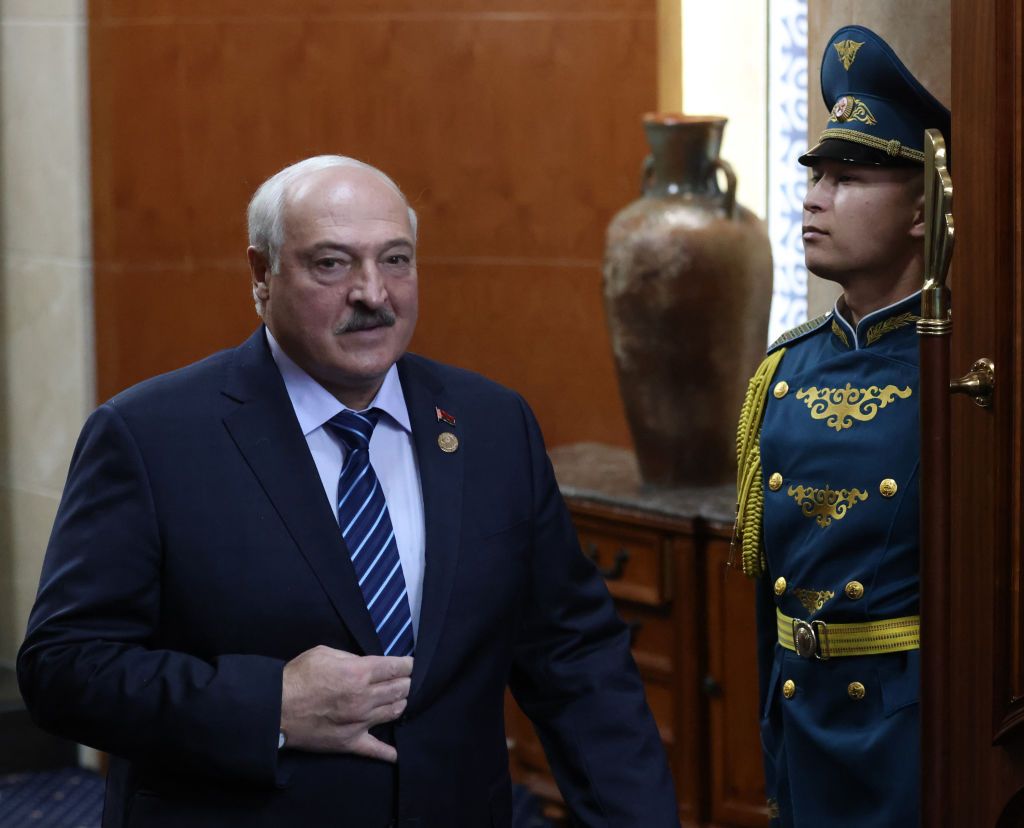Media: Kyrgyzstan set to adopt copy of Russian 'foreign agent' law

Kyrgyzstan's parliament is set to adopt legislation that mimics Russia's authoritarian foreign agent law, the BBC's Russian Service reported on Oct. 25.
Lawmakers adopted amendments to the law "On Non-Profit Organizations" and the country's Criminal Code in the first reading.
According to the vague wording to the bill, a non-profit that receives money from other countries and "tries to influence political activities and public opinion" in the interests of foreign states will be considered a "foreign representative," the BBC reported.
Under the law, creating or participating in a non-profit could be considered "refusing to fulfill civic duties" and could carry a fine of over $1,000 or a prison sentence of up to 10 years.
Kyrgyz human rights activists and NGOs are concerned the legislation is "almost identical to the Russian law on foreign agents" and have called on lawmakers to withdraw the bill.
The speaker of parliament of Kyrgyzstan said that the law was needed for reasons related to national security, according to the BBC.
The Russian foreign agent law requires organizations that receive funding from abroad or are perceived by the Kremlin to have been influenced by foreign entities to register as a "foreign agent."
Any "foreign agents" are required to undergo rigorous financial audits and label all their content with a disclaimer stating that it is being distributed by a "foreign agent."
This law is often used to target and silence groups and individuals who are critical of the government.
In Georgia, mass protests were sparked by a similar bill in March, which aimed to require Western-funded NGOs to register as "foreign agents."
The opposition argued that the bill was also a copy of Russian dictator Vladimir Putin's authoritarian foreign agent law and would put an end to Georgia's aspirations to join NATO and the EU.
The ruling Georgian Dream party and the pro-Russian Power of the People party withdrew the controversial bill after tens of thousands of people took to the streets over three days.













